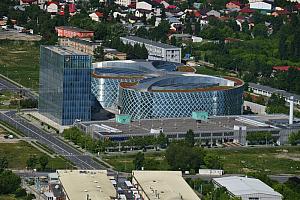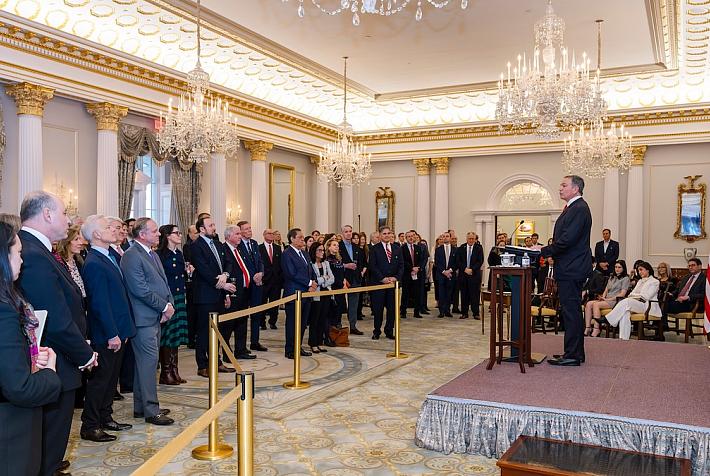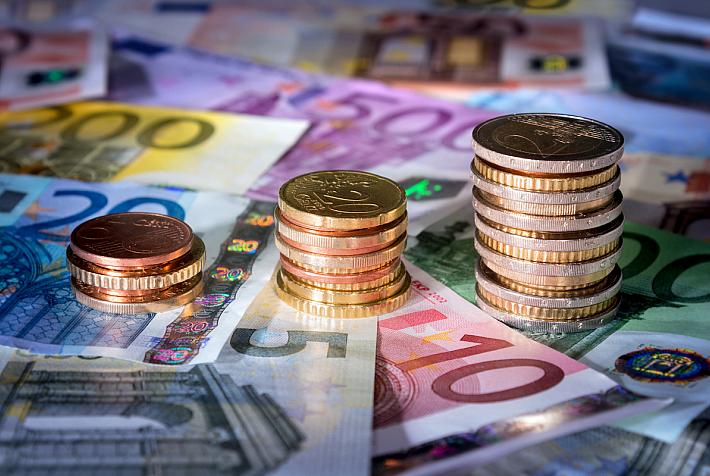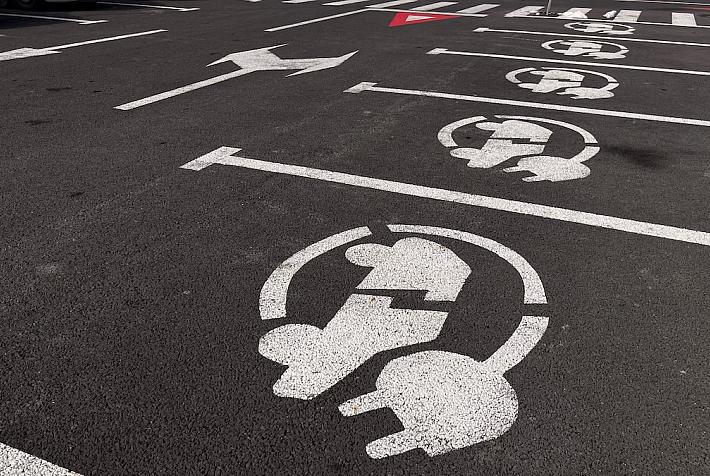Romania goes after OMV Petrom’s historic profits with new tax on oil and gas companies
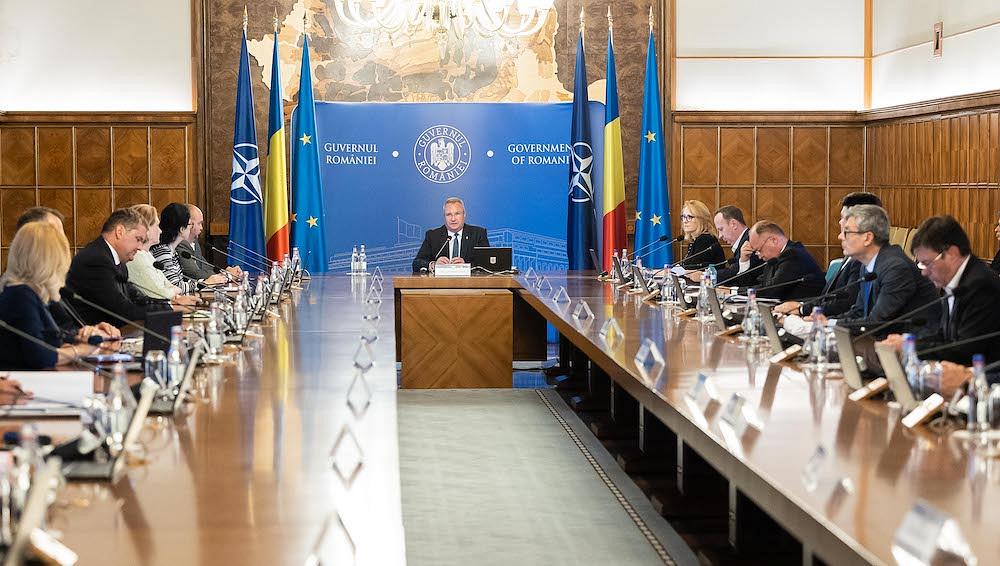
Romania’s Government adopted on December 28 an emergency ordinance that sets a new tax on the “super profits” reported by oil and gas companies operating in the country. Under this ordinance, the Romanian state will get 60% of the net profits of oil and gas companies that are above 120% of their average net profits recorded between 2018 and 2021.
The primary target of this new tax is OMV Petrom (SNP), the biggest oil and gas group in Romania, 51% owned by the Austrian group OMV. The Romanian state also holds a 20% stake in the company. Gas producer Romgaz (SNG), which is controlled by the Romanian state, will also be impacted by the new tax.
Both companies are listed on the Bucharest Stock Exchange and their minority shareholders include foreign and local investment funds, pension funds and individual investors. The shares of OMV Petrom dropped by 8% in two days after the draft ordinance was first announced. Romgaz’s shares also declined by 6.1%. As a result, the Bucharest Stock Exchange’s flagship index - BET - lost 4.65% in just two days.
Govt. says most EU states impose similar “solidarity contributions”
The Government motivated the new tax through the need to address the “problem of high energy prices” according to a regulation approved by the EU Council on October 6, 2022.
“The main reason is, on the one hand, to protect vulnerable categories of the population against the effects of rising energy prices and, on the other hand, the main objective of the Romanian Government, including the one stipulated in the European regulation, is to ensure the financing of investments in strategic energy projects, especially those from renewable sources,” stated Mihai Diaconu, a state secretary in the Finance Ministry, after the Government meeting on December 28.
He pointed out to other EU states that adopted similar “solidarity contributions” targeting the “super-profits” reported by energy companies.
“The Netherlands, France, Germany, for example, have imposed a 33% share of these extra-profits or, let's call them, super-profits of the companies active in the field. Ireland, too, transposed the regulation and goes for a tax rate of 75%, Italy chose 50% of profits for the year 2023, the Czech Republic, a state comparable to Romania, we say, imposed a tax rate of 60%, Greece - 90%. Therefore, all of Europe demands this solidarity contribution and Romania must align itself, as a member of the European Union, with this regulation,” he explained.
Diaconu added that the companies targeted by this extra tax are “solid companies, with considerable profits”.
Officially, the Government said that over 70% of the money collected from this new tax will be used to finance strategic investments in energy efficiency and renewable energy.
OMV Petrom heading to historic profits
OMV Petrom is heading to its highest net profit ever. The group posted a net profit of RON 9.156 billion (EUR 1.87 bln) in the first nine months of this year. Between 2018 and 2021, the group reported an average yearly net profit of RON 2.97 bln. This means that all the profit above RON 3.56 bln (120% of the average net profit of the last four years) will be taxed with 60%.
Based on the net profit for the first nine months of the year, OMV Petrom may have to pay RON 3.36 bln (EUR 685 mln) to the Romanian state under this “solidarity contribution”.
In Romgaz’s case, the average net profit in the last four years was RON 1.41 bln and the threshold above which the solidarity contribution will apply is RON 1.7 bln. In the first nine months, the company reported a net profit of RON 2.24 bln, which would lead to a contribution of some RON 327 mln (EUR 67 mln).
“Through the draft emergency ordinance, Romania has the most hostile approach to the oil and gas industry in the EU. It already has the highest level of additional taxation. Not taking into account the additional taxes already introduced comes in contradiction with the principles of the European regulation,” the FPPG said in a press release cited by ZF.
(Photo source: Gov.ro)







